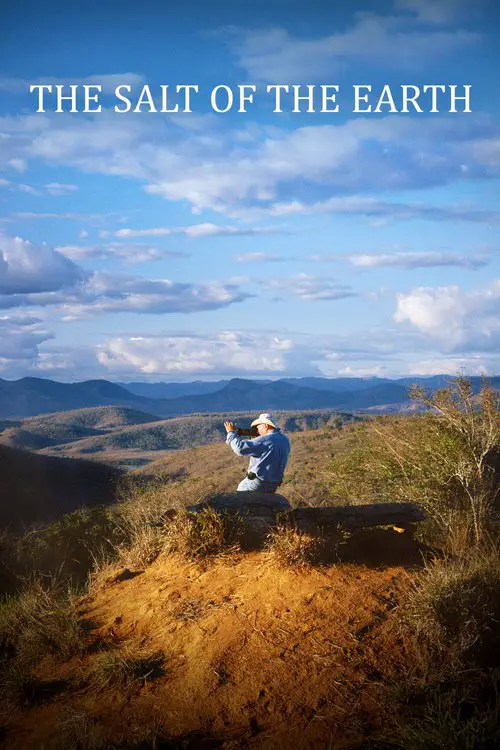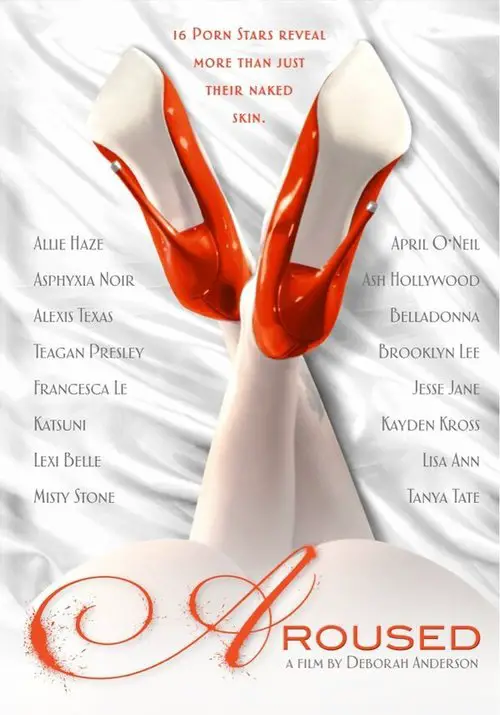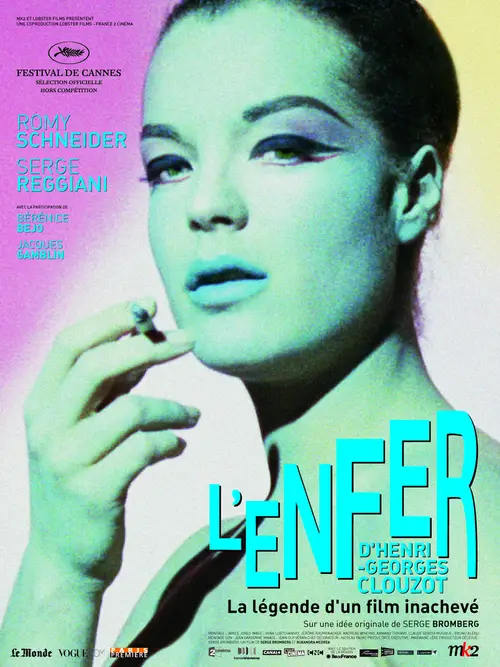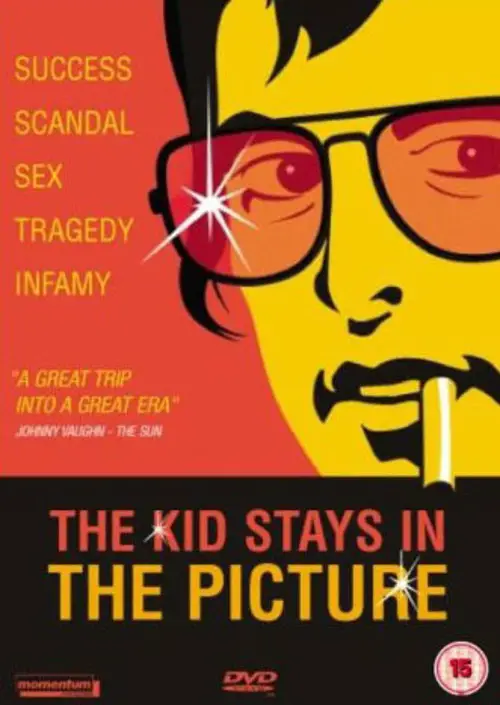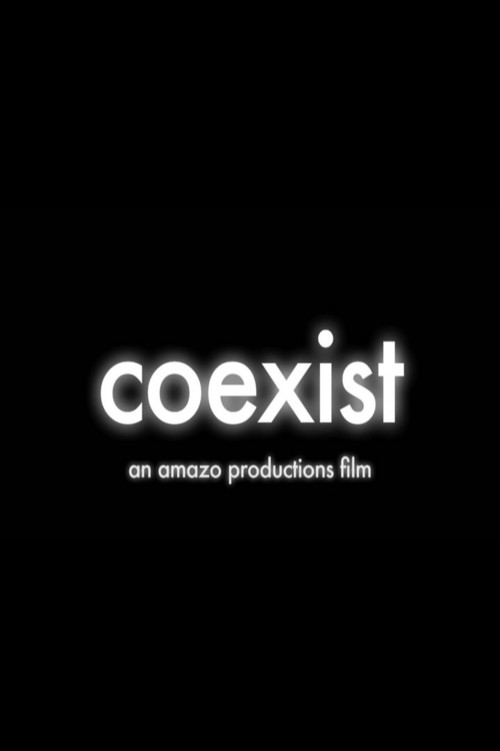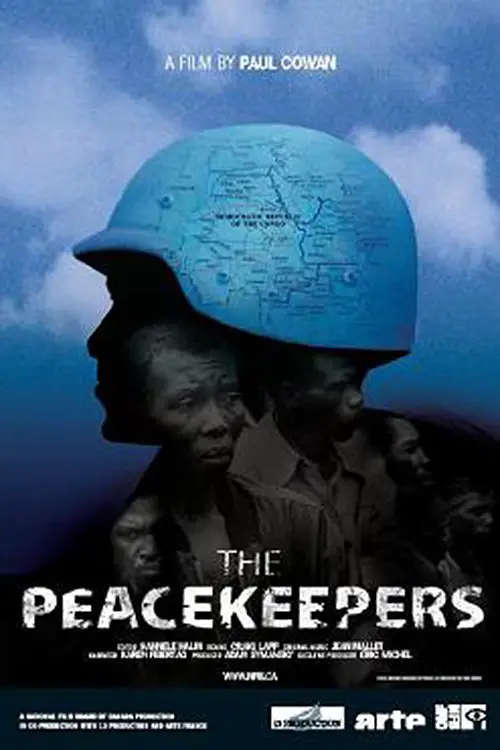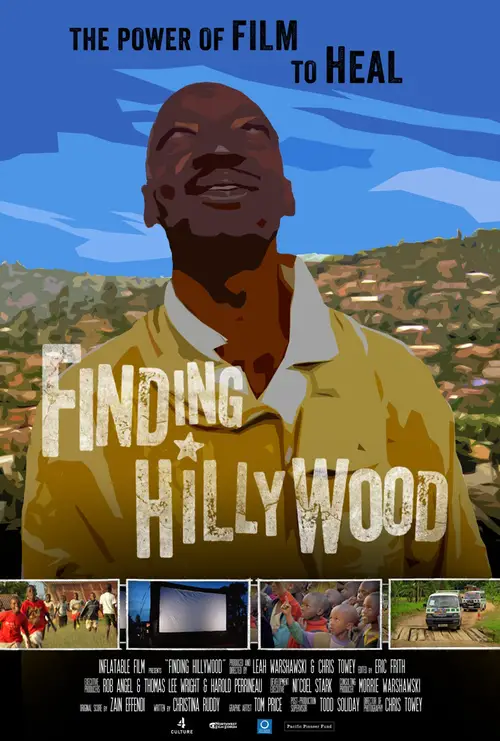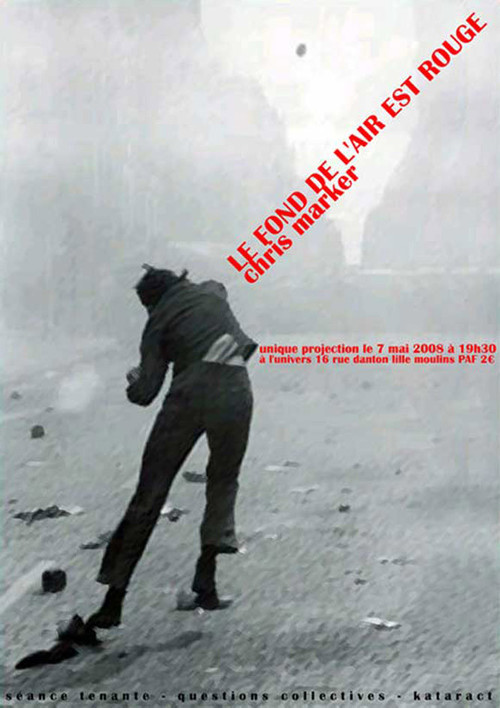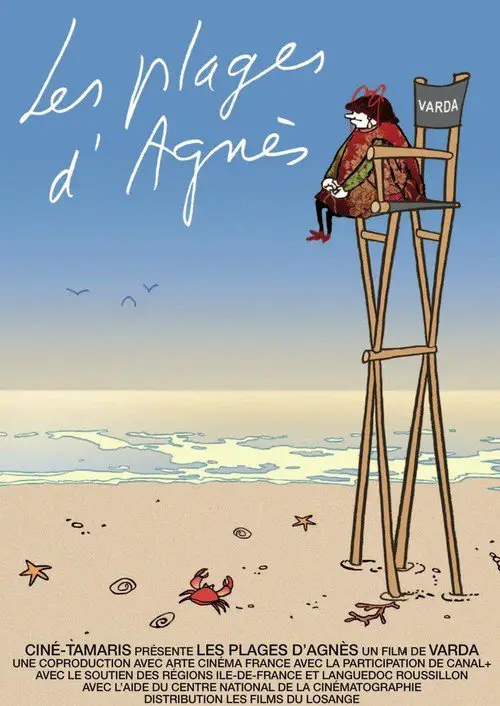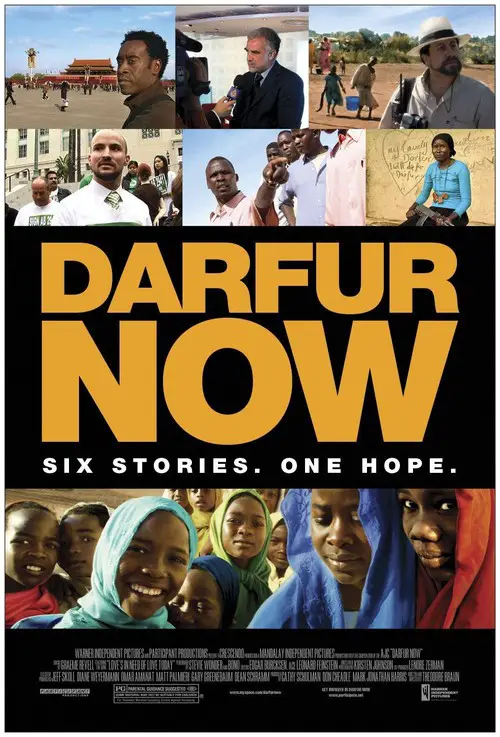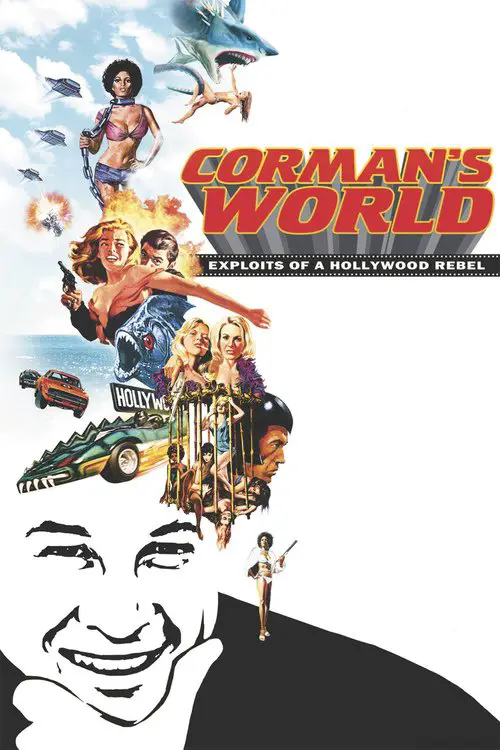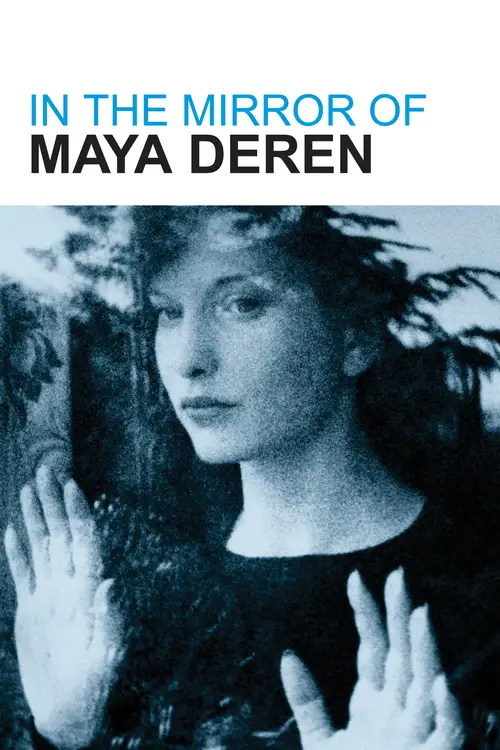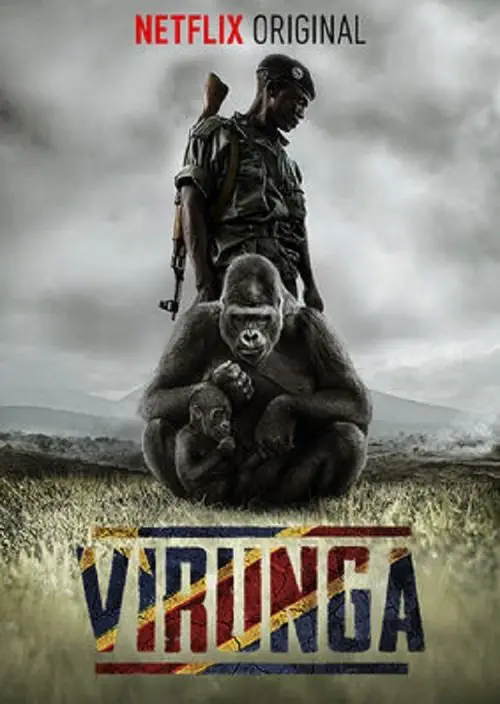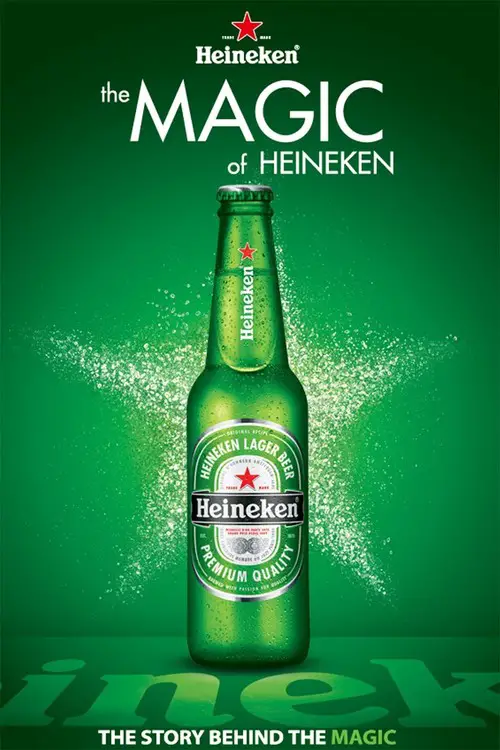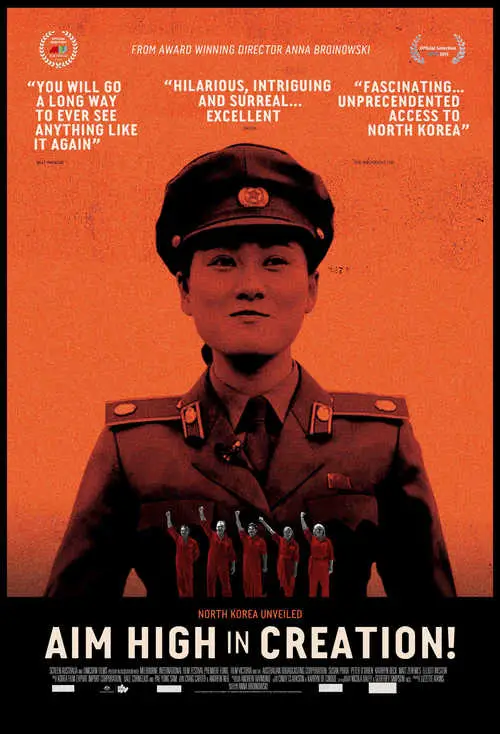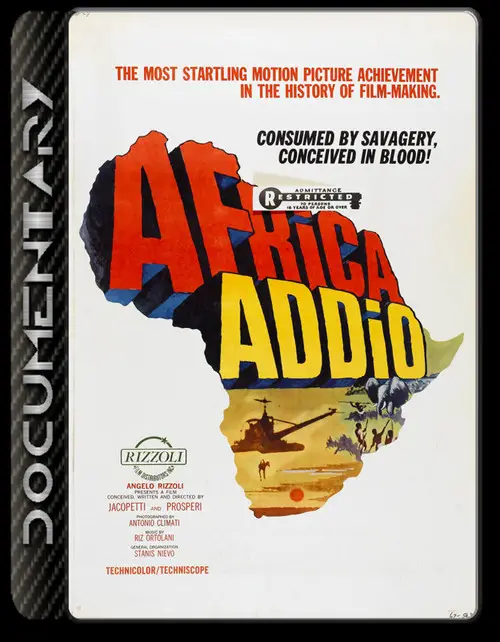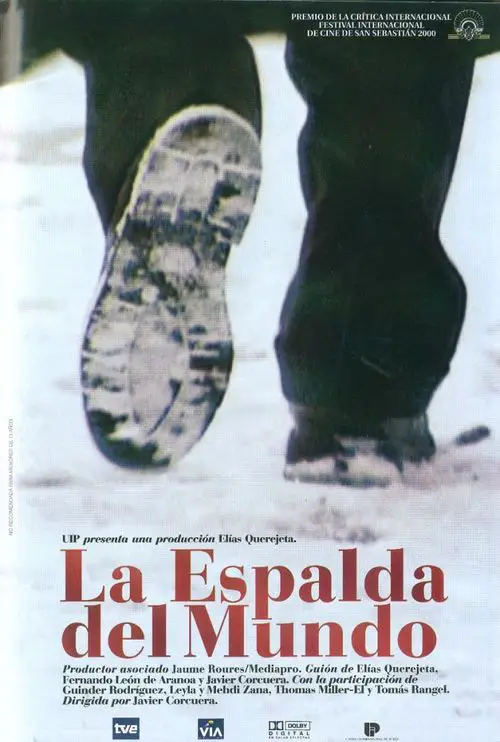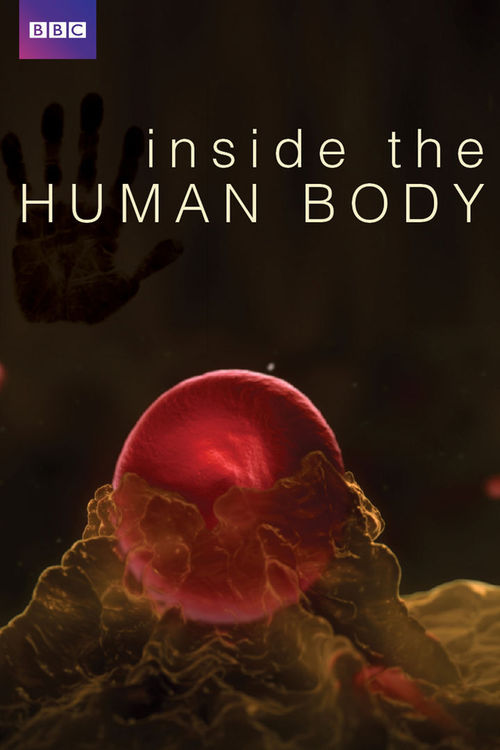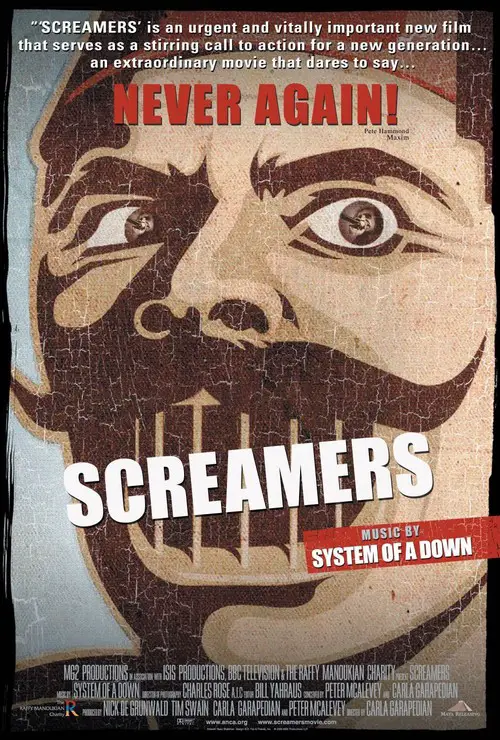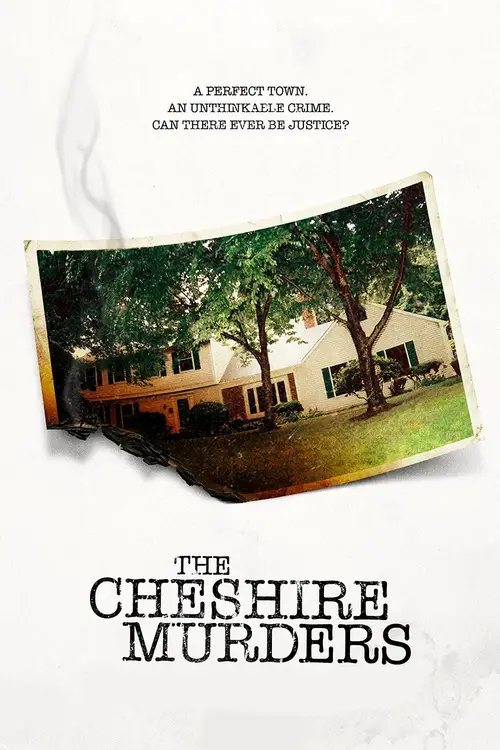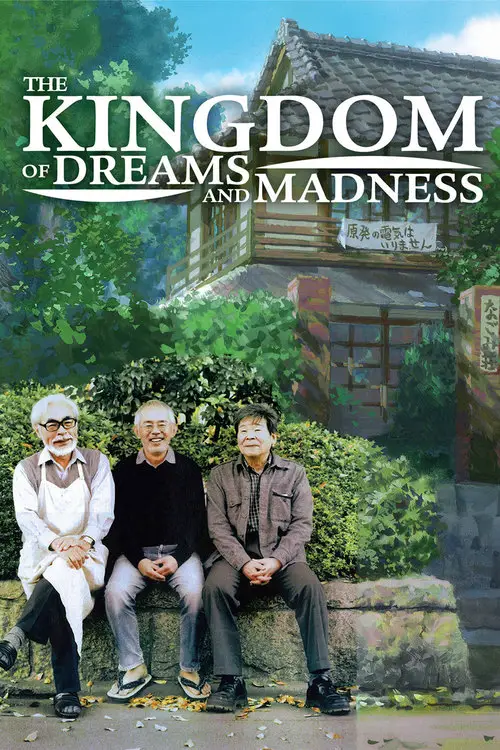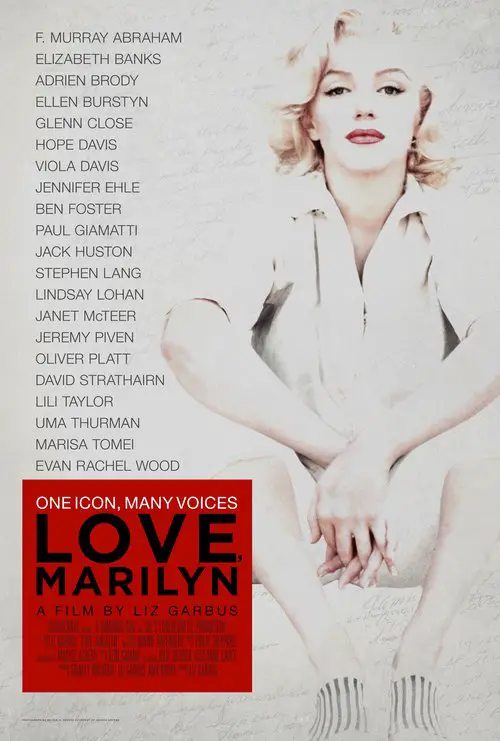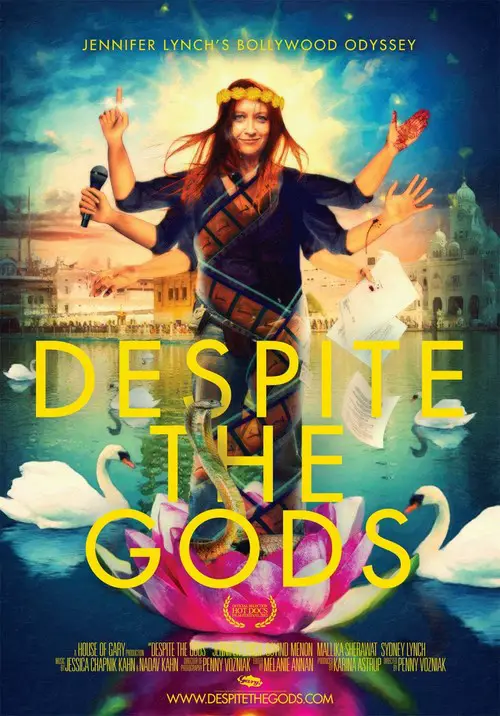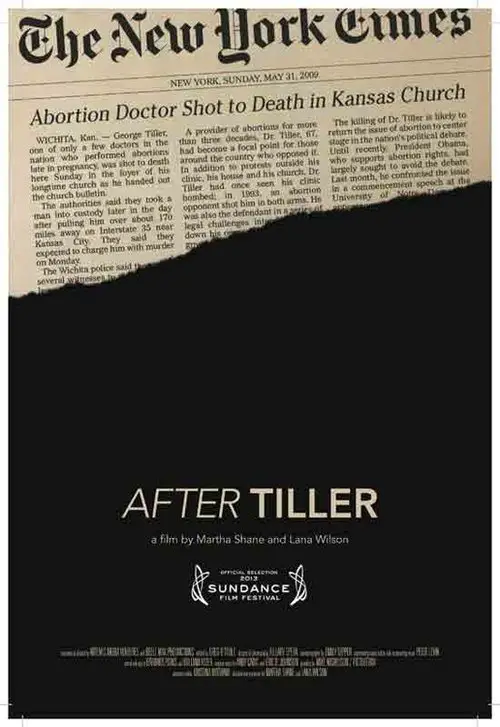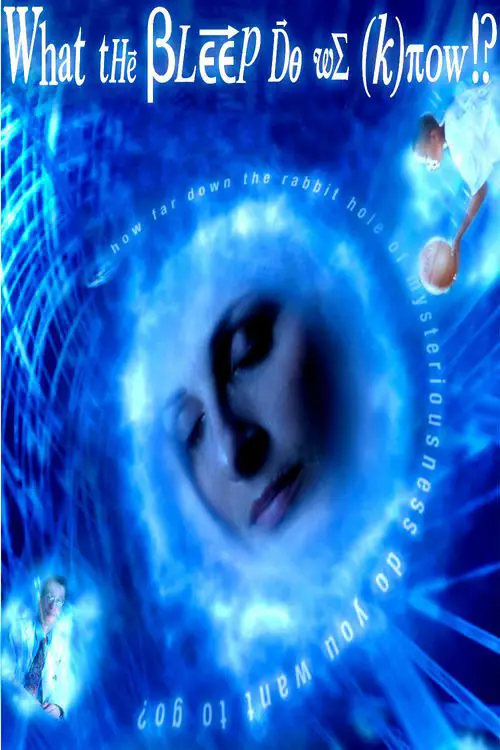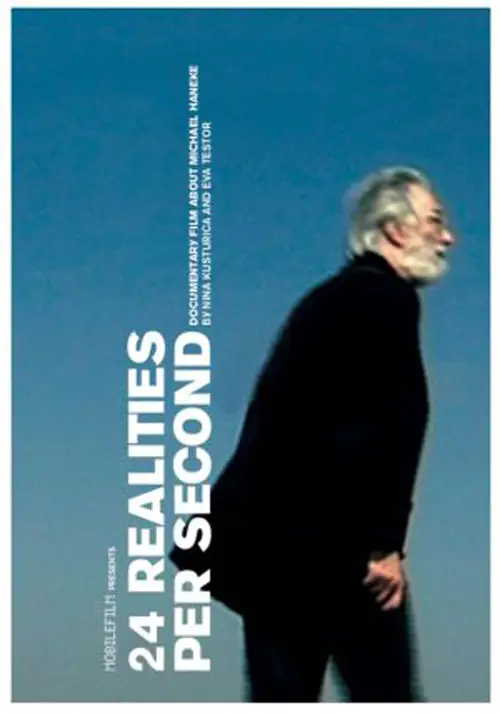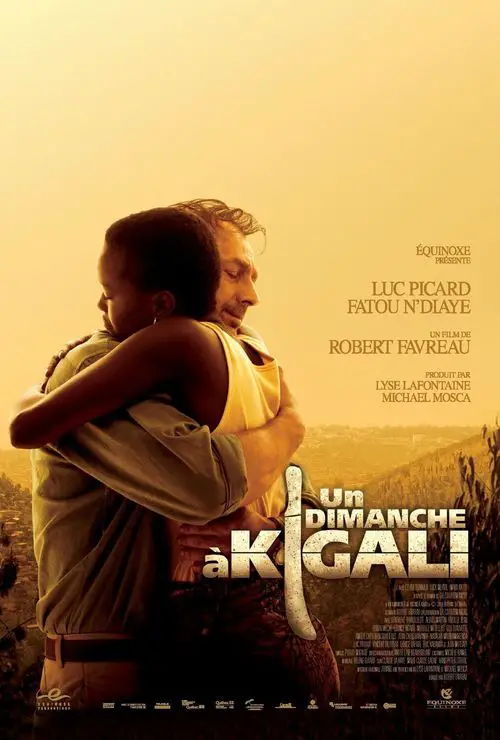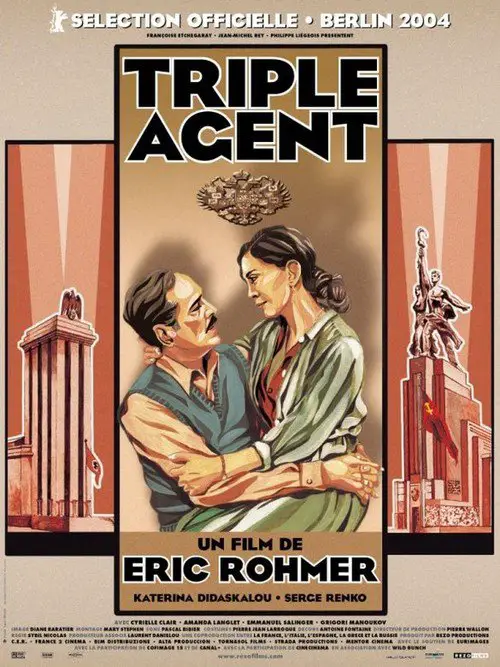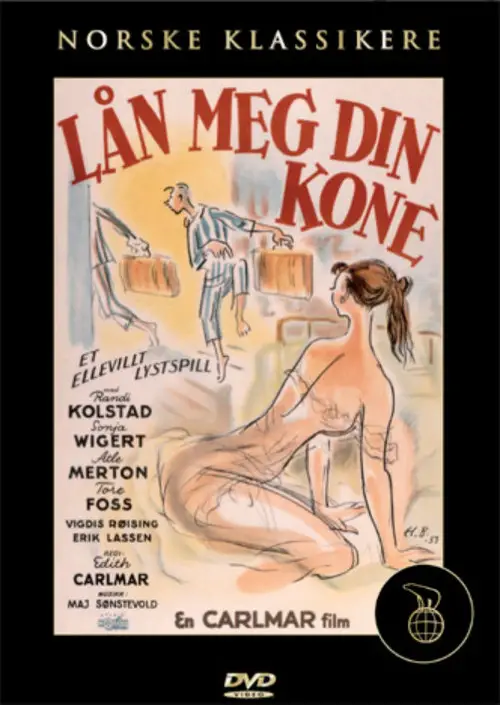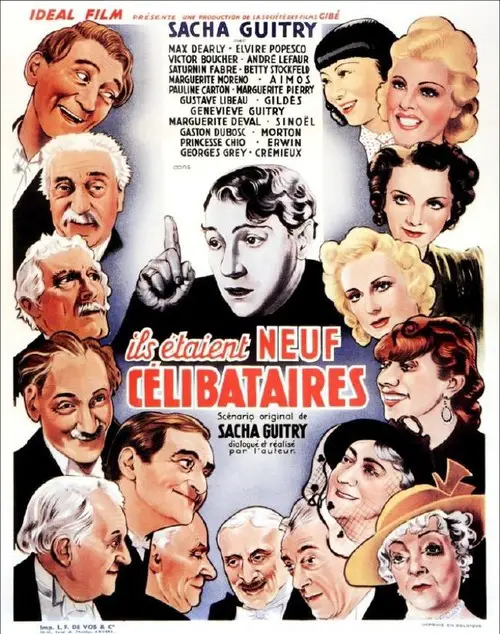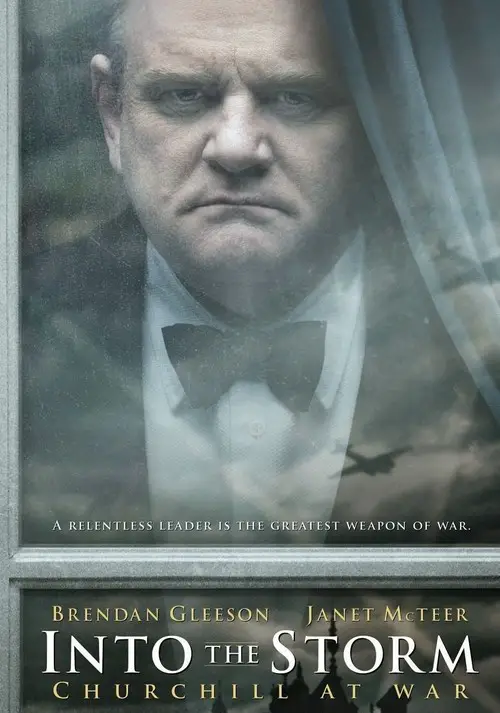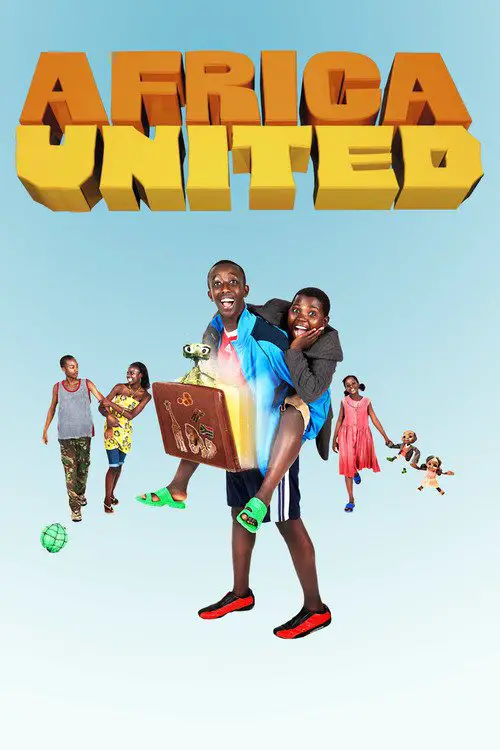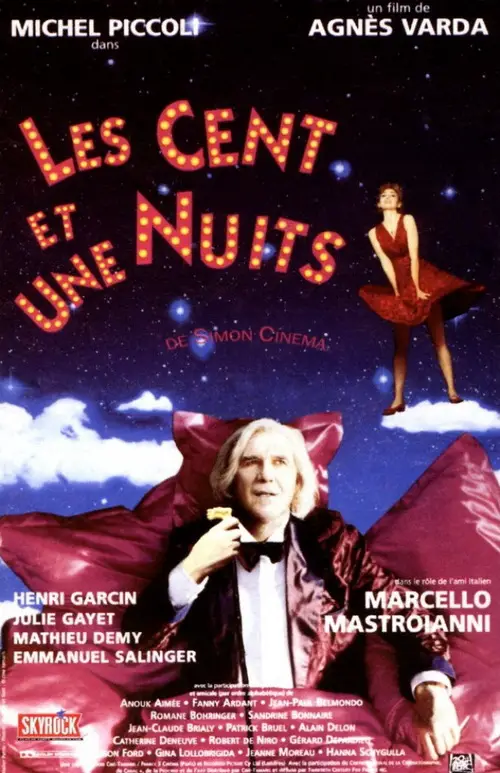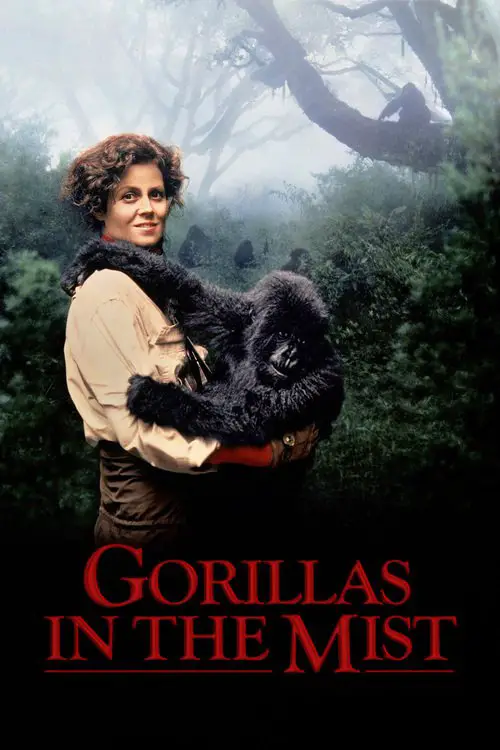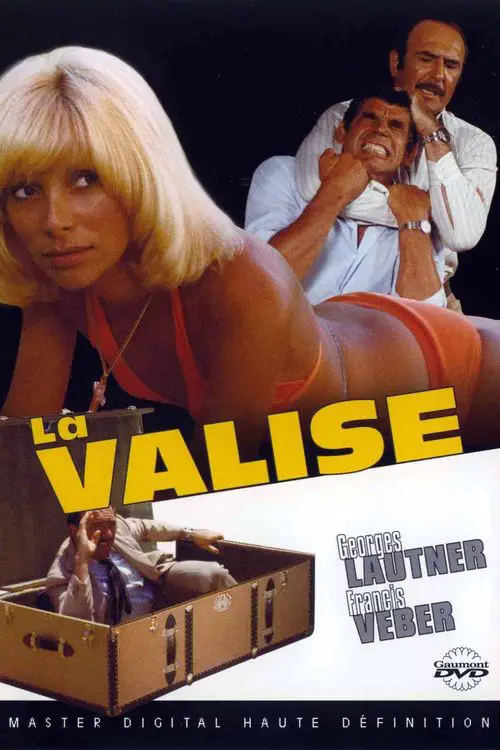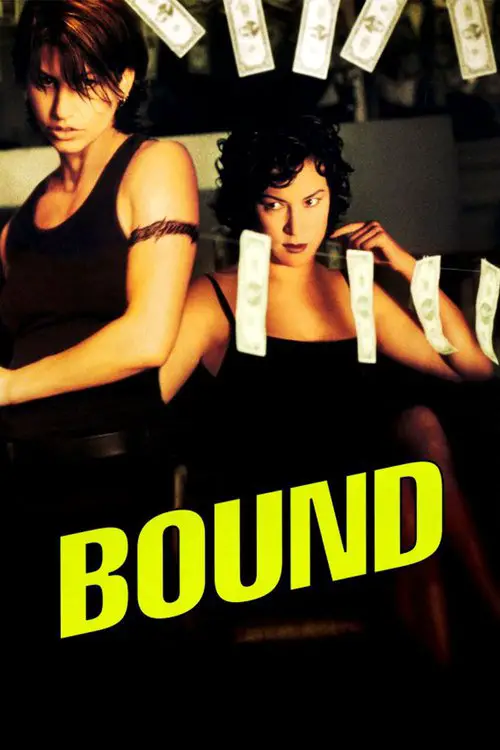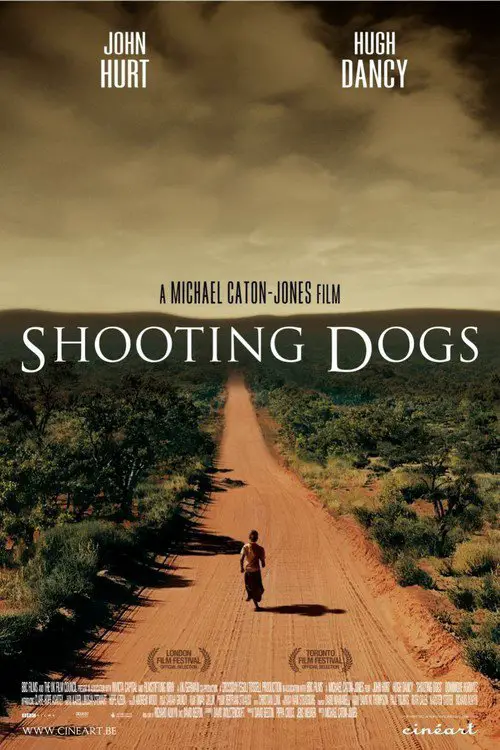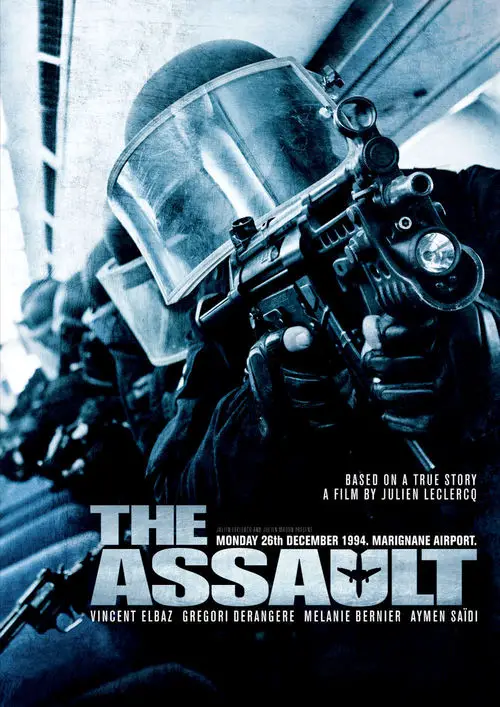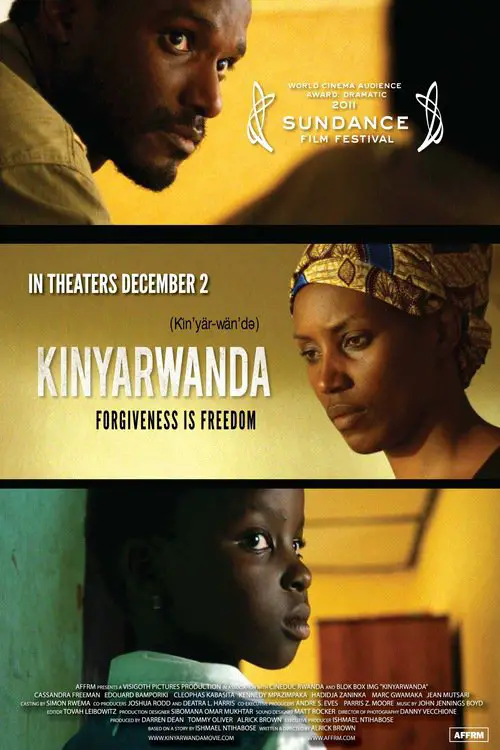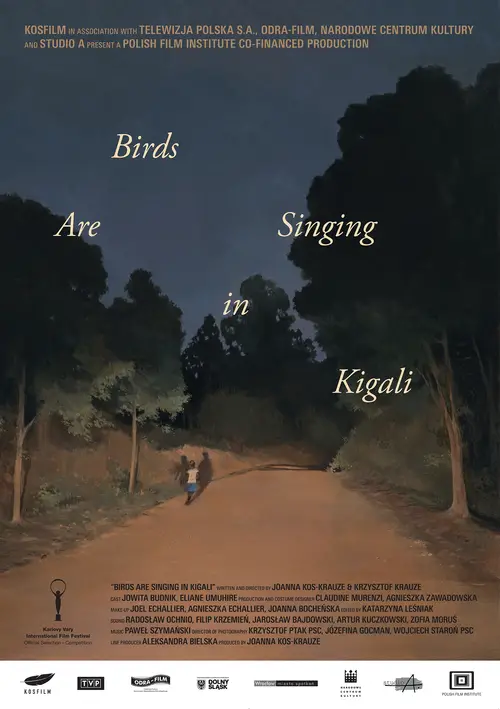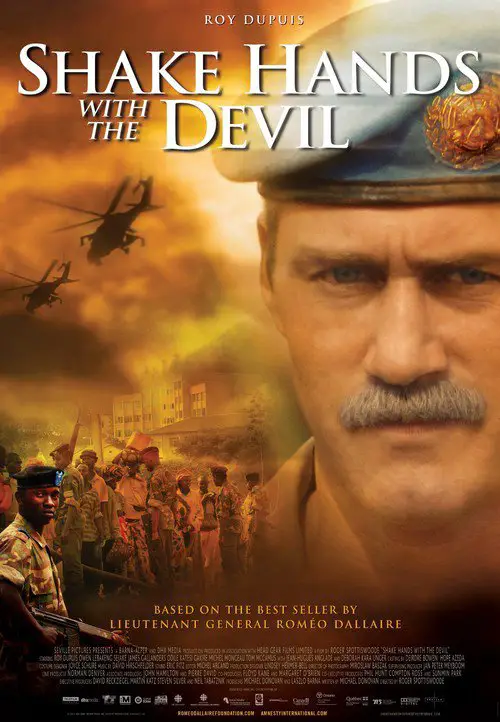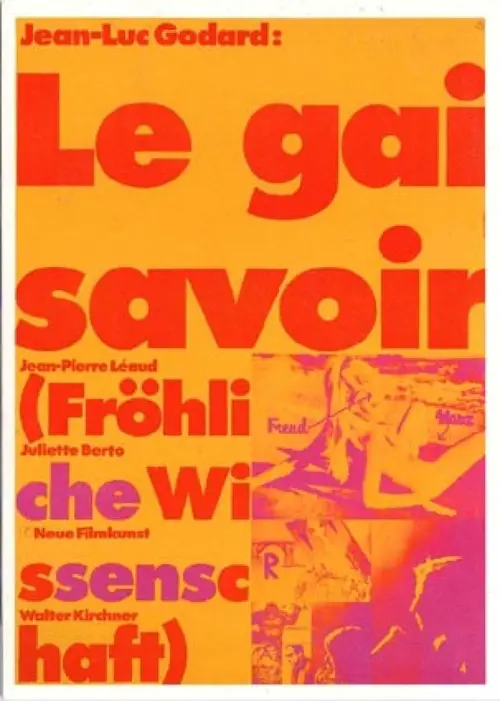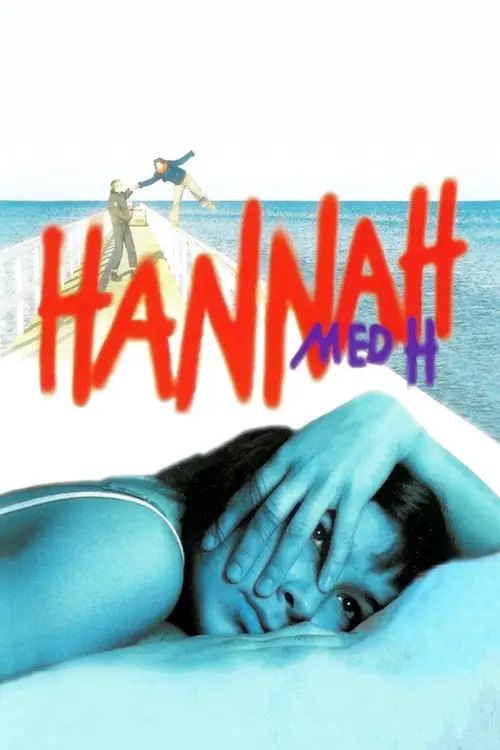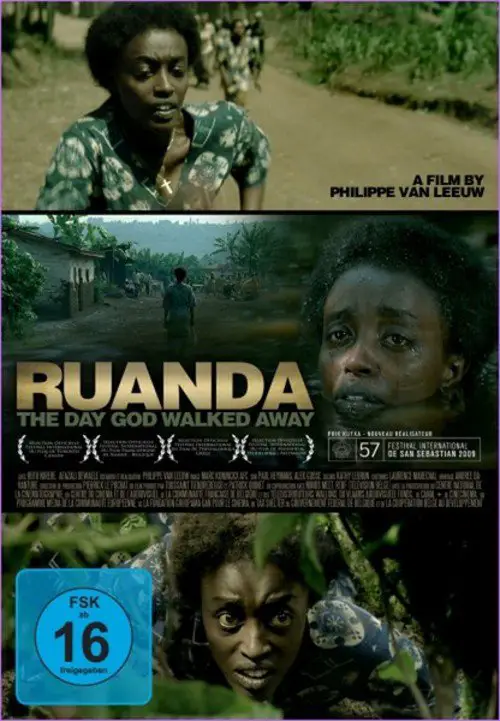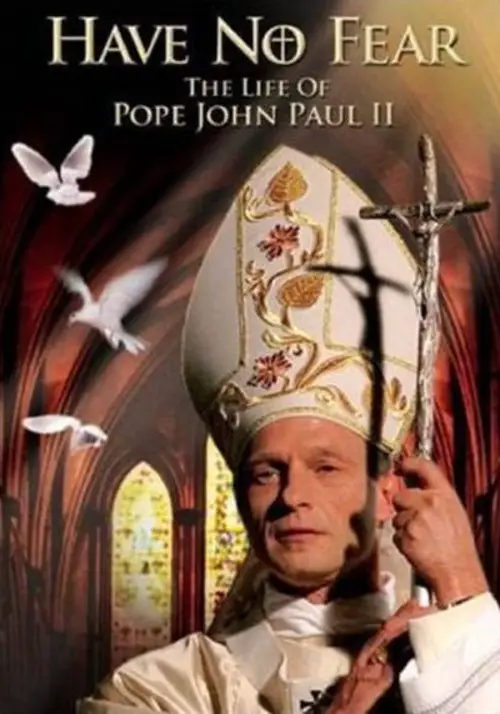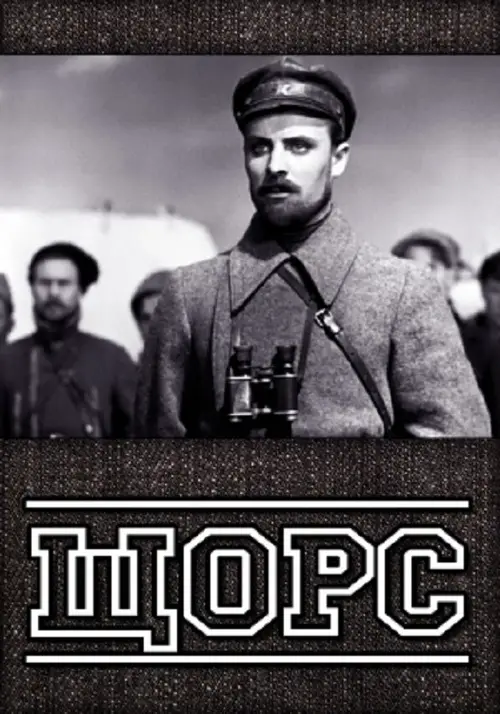Earth Made of Glass (2011)
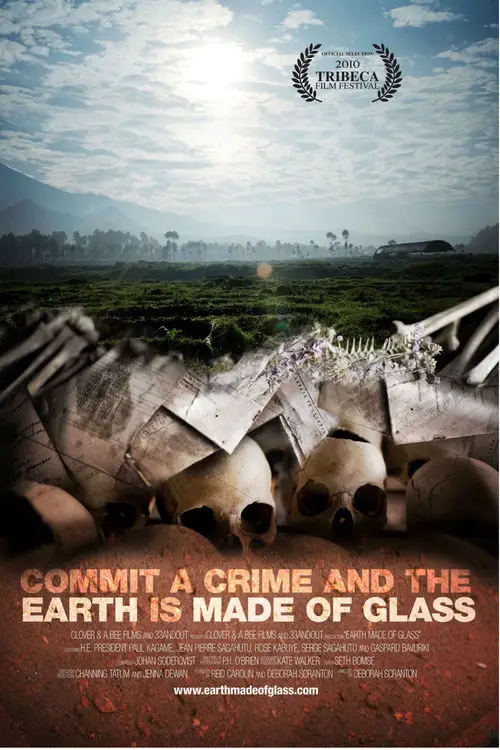
Similar movies
During the last forty years, the photographer Sebastião Salgado has been travelling through the continents, in the footsteps of an ever changing humanity. He has witnessed the major events of our recent history ; international conflicts, starvations and exodus⦠He is now embarking on the discovery of pristine territories, of the wild fauna and flora, of grandiose landscapes : a huge photographic project which is a tribute to the planet's beauty. Sebastião's Salgado's life and work are revealed to us by his son, Juliano, who went with him during his last journeys, and by Wim Wenders, a photographer himself.
Get up close and personal with 16 of the most successful women in the adult film industry as they shed their clothes for an intimate photo shoot with director Deborah Anderson. As questions are asked, personal stories about their lives are revealed, from why they chose the business of sex to how they got into it in the first place. These porn stars have always been discreet about their private lives in the past, yet Anderson has a way of opening up a dialog allowing them to share more than just their naked skin on screen. Their true inner vulnerability is touching, yet the characters they have created are confident and intoxicating. Once you hear their stories, you'll never look at them in the same way again.
This documentary about Henri-Georges Clouzotâs unfinished 1964 psycho-thriller LâEnfer is as tantalizing as it is frustrating. Despite remaining one of the most masterful of French directors, Cluozot inexplicably seems to have lost control on the big-budget production of LâEnfer. The long-lost raw footage is intriguing and dazzling, infused with swirling lights and blue-lipped, cigarette-puffing fantasy temptresses. Although directors Serge Bromberg and Ruxandra Mederea have managed to speak to numerous members of the original crew, this behind-the-scenes investigation has so little to say about the reasons behind Clouzotâs failure to complete the film. In spite of this, the undiminished power of Clouzotâs extraordinary images makes the documentary a fascinating watch.
Coexist tells the emotional stories of women who survived the Rwandan genocide in 1994. They continue to cope with the loss of their families as the killers who created this trauma return from jail back to the villages where they once lived. Faced with these perpetrators on a daily basis, the victims must decide whether they can forgive them or not. Their decisions are unfathomable to many, and speak to a humanity that has survived the worst violence imaginable.
With unprecedented access to the UN Department of Peacekeeping, The Peacekeepers provides an intimate and dramatic portrait of the struggle to save "a failed state" The film follows the determined and often desperate maneuvers to avert another Rwandan disaster, this time in the Democratic Republic of Congo (the DRC). Focusing on the UN mission, the film cuts back and forth between the UN headquarters in New York and events on the ground in the DRC. We are with the peacekeepers in the "Crisis Room" as they balance the risk of loss of life on the ground with the enormous sums of money required from uncertain donor countries. We are with UN troops as the northeast Congo erupts and the future of the DRC, if not all of central Africa, hangs in the balance. In the background, but often impinging on peacekeeping decisions, are the painful memory of Rwanda, the worsening crisis in Iraq, global terrorism, and American hegemony in world affairs.
Taking Liberties Since 1997is a documentary film about the erosion of civil liberties in the United Kingdom and increase of surveillance under the government of Tony Blair. It was released in the UK on 8th June 2007. The director, Chris Atkins, said on 1 May that he wanted to expose "the Orwellian state" that now threatened Britain as a result of Mr Blair's policies.
âFinding Hillywoodâ is an inspirational film about the making of the Rwandan film industry and the power of film to change and heal individuals and communities. It tells the story of how a nation, still healing from the 1994 genocide, creates a film industry as both an outlet for the pain and a way to bring entertainment and a new industry to the population. Hillywood, which is named for Rwandaâs hilly terrain, is a traveling film festival that screens films made by, about, and for Rwandans. The festival goes from town to town, setting up public, outdoor screenings, on inflatable screens, to showcase Rwandan films.
Filmmaking icon Agnès Varda, the award-winning director regarded by many as the grandmother of the French new wave, turns the camera on herself with this unique autobiographical documentary. Composed of film excerpts and elaborate dramatic re-creations, Varda's self-portrait recounts the highs and lows of her professional career, the many friendships that affected her life and her longtime marriage to cinematic giant Jacques Demy.
This acclaimed documentary follows the story of six people who are determined to end the sufferings in Sudan's war-ravaged Darfur. The six - an American activist, an international prosecutor, a Sudanese rebel, a sheikh, a leader of the World Food Program and an internationally known actor - demonstrate the power of how one individual can create extraordinary changes.
Eddie Izzard's routine has a loose trajectory from the beginning of the Old Testament and the creation of the world in seven days to Revelations. Along the way, we learn of the search for a career, bad giraffes, Prince Philip's gaffes, toilets in French campsites, the mysteries of hopscotch, becoming one's Dad and tranny bashing.
Virunga in the Democratic Republic of the Congo is Africaâs oldest national park, a UNESCO world heritage site, and a contested ground among insurgencies seeking to topple the government that see untold profits in the land. Among this ongoing power struggle, Virunga also happens to be the last natural habitat for the critically endangered mountain gorilla. The only thing standing in the way of the forces closing in around the gorillas: a handful of passionate park rangers and journalists fighting to secure the parkâs borders and expose the corruption of its enemies. Filled with shocking footage, and anchored by the surprisingly deep and gentle characters of the gorillas themselves, Virunga is a galvanizing call to action around an ongoing political and environmental crisis in the Congo.
Take a captivating ride through nearly 150 years of entertaining history telling the story of the world's largest family controlled brewer. Meet Gerard Adriaan Heineken, who founded the first Heineken Brewery in 1864 and follow this extraordinary tale of pioneering adventure, relentless obsession for quality, persistent innovation, environmental sustainability, and celebrated sports and music events.
A revolutionary film about the cinematic genius of North Korea's late Dear Leader Kim Jung-IL, with a groundbreaking experiment at its heart - a propaganda film, made according to the rules of his 1987 manifesto. Through the shared love of cinema, AIM HIGH IN CREATION! forges an astonishing new bond between the hidden filmmakers of North Korea and their Free World collaborators. Revealing an unexpected truth about the most isolated nation on earth: filmmakers, no matter where they live, are family.
In the early-morning hours of July 23, 2007, in Cheshire, Conn., ex-convicts Steven Hayes and Joshua Komisarjevsky broke into the family home of Dr. William Petit, his wife, Jennifer Hawke-Petit, and their daughters, Michaela, 11, and Hayley, 17. Dr. Petit was beaten and tied to a pole in the basement. The three women were bound in their bedrooms while the men ransacked the house. The brutal ordeal continued throughout the morning, ending with rape, arson and a horrific triple homicide.
Since the assassination of Dr. George Tiller in Kansas in 2009, only four doctors in the United States continue to perform third-trimester abortions. These physicians, all colleagues of Dr. Tiller, sacrifice their safety and personal lives in the name of their fierce, unwavering conviction to help women.
Amanda (Marlee Maitlin) is a divorced woman who makes a living as a photographer. During the Fall of the year Amanda begins to see the world in new and different ways when she begins to question her role in life, her relationships with her career and men and what it all means. As the layers to her everyday experiences fall away insertions in the story with scientists, and philosophers and religious leaders impart information directly to an off-screen interviewer about academic issues, and Amanda begins to understand the basis to the quantum world beneath. During her epiphany as she considers the Great Questions raised by the host of inserted thinkers, Amanda slowly comprehends the various inspirations and begins to see the world in a new way.
Directors Nina Kusturica and Eva Testor followed Michael Haneke for a period of two and a half years. They accompanied him to film premieres and public appearances, radio interviews and photo shoots; they observed him as he scouted locations, directed actors on the set, and made final cuts in the editing room. In between, on long train and car rides, Haneke spoke candidly about his childhood, his transition to filmmaking, and his views on cinema, discussing films that inspired him and his own work (he counts The Seventh Continent and 71 Fragments of a Chronology of Chance among his favorites). What emerges in this insightful documentary is a portrait of a dedicated filmmaker, a charming yet elusive figure in thrall to cinema and the constant perfection of his craft.
In April 1994, the middle-aged Canadian journalist Bernard Valcourt is making a documentary in Kigali about AIDS. He secretly falls in love for the Tutsi waitress of his hotel Gentille, who is younger than him, in a period of violent racial conflicts. When the genocide of the Tutsis by the Hutus in Rwanda begins, Bernard does not succeed in escaping with Gentille to Canada. When the genocide finishes in July 1994, Bernard returns to the chaotic Kigali seeking out Gentille in the middle of destruction and dead bodies. Written by Claudio Carvalho, Rio de Janeiro, Brazil
The Popular Front wins elections, the Spanish Civil War begins, and Hitler and Stalin are manipulating and spying. The brilliant exile, Fiodor Voronin, a general at 20, is the deputy at the White Russian Military Union, probably slated to replace the aging Général Dobrinsky soon. Fiodor's Greek wife, Arsinoé, paints and stays away from politics, befriending Communist neighbors. Her health declines; the attentive Fiodor arranges care and, against the backdrop of Stalin's Great Purge, considers his options. He plays a chess game in which love of country, love of Arsinoé, ideology, petty jealousies, and the machinations of power roil in matters of life and death.
"Let Me Borrow Your Wife". This is a light comedy from Edith Carlmar, Norways first woman director. It takes place in a company that sells baby toys. It is time to fill a leading position, and it is known the owner of the company only places married men on leading positions. This leads a young bachelor to "borrow" his best friends wife to have a chance at the position. This leads to a lot of comic misunderstandings, not the least because the owner of the company himself falls for the new young wife.
Nine Bachelors is a 1939 French comedy film directed by Sacha Guitry and starring Guitry, Max Dearly and Elvire Popesco.[1] An opportunist dreams up a new scheme to make money when the French government passes a law forbidding foreigners from living in France. It's French title is Ils étaient neuf célibataires.
"Africa United" tells the extraordinary story of three Rwandan children who attempt to realize the dream of their life: to attend the opening ceremony of the FIFA World Cup 2010 at Johannesburg. But the problems begin when Fabrice, Dudu and Béatrice get on the wrong bus and end up in Congo. Without papers, without money, they are brought into a children's refugee camp. But with incredible ingenuity, a some guts and a poster for the World Cup as a map, our heroes escape from the camp and leave to pursue their dreams, bringing with them a "dream team" of refugee children to help them through a series of exciting adventures. During this journey of 5000 km through seven countries, the film reveals an unseen Africa.
Many years after her notorious husband, Henry Fool, fled after killing a neighbor, Fay Grim receives a visit from CIA agent Fulbright, who tells her that Henry is dead, but that some of his journals have been unearthed in France. She sets forth on a globe-trotting odyssey that soon leads to the discovery that he is alive, and his journals are more than they appear to be.
Monsieur Cinema, a hundred years old, lives alone in a large villa. His memories fade away, so he engages a young woman to tell him stories about all the movies ever made. Also a line of movie stars comes to visit him giving him back the pleasure of life - but amongst them there are also some young students only striving after his money for the realization of their film projects. The two stories - Monsieur Cinema's and the young people's life - are told in parallel until they come together in the end when the old man plays a role in the film made by the students.
A beautiful and thoroughly modern young French women, Francoise, gets involved with an Israeli agent working in Libya. The agent is exposed and in order to save his life, he has to be smuggled out of the country in a trunk ("valise"). Francoise and the agent get through a lot of turbulent adventures, in the process of which the thoroughly liberated young woman also seduces a Libyan agent and an Egyptian officer, who also fall wildly in love with here.
Saturday 24th December 1994. Four GIA terrorists hijack an Air France A300 Airbus at the Algiers airport. The Airbus, bound for Paris, has 227 passengers on board. No one knows exactly what the terroristsâ intentions are, just that they are armed and extremely determined. They demand the liberation of their âbrothers in armsâ and want the aircraft to take off at once. After very lengthy and intense negotiations between the French and Algerian governments, the plane is finally allowed to leave. There are three main characters at the heart of the action: a member of the GIGN, Carole Jeanton, an ambitious technocrat willing to do anything it takes to achieve personal gain from the events, and Yahia Abdallah, a determined jihadist who grew up in the slums of Algiers and was being manipulated by an obscure GIA envoy, Ali Touchent.
The exciting story of Dr. Manette, who escapes the horrors of the infamous Bastille prison in Paris. The action switches between London and Paris on the eve of the revolution where we witness 'the best of times and the worst of times' - love, hope, the uncaring French Aristocrats and the terror of a revolutionary citizen's army intent on exacting revenge.
We meet ornithologist Anna in 1994 just as genocide is raging in Rwanda, perpetrated by the majority Hutus against the Tutsis. Anna manages to save the daughter of a colleague whose family has been murdered, and she takes her to Poland. But the woman returns to Rwanda to visit the graves of her loved ones. The director originally worked on the movie with her husband Krzysztof Krauze (My Nikifor â Crystal Globe, KVIFF 2005), but after his death in 2014 she eventually finished this challenging picture alone.
An international assassin is employed by disgruntled French generals to kill Charles de Gaulle while a dedicated gendarme follows the assassin's trail in this political thriller. The film uses the perspectives of the ultra-professional assassin as he prepares his work and that of the harried but humble French detective as he uncovers the plot.
Canadian Lt. General Romeo Dallaire was the military commander of the UN mission in Rwanda and this movie is personal and, all too true, story of his time there during the genocide of 1994. It is not quite as moving as the earlier Hotel Rwanda and is less geared to drama and emotional manipulation, but it is still grim and upsetting.
Night after night, not long before dawn, two young adults, Patricia and Emile, meet on a sound stage to discuss learning, discourse, and the path to revolution. Scenes of Paris's student revolt, the Vietnam War, and other events of the late 1960s, along with posters, photographs, and cartoons, are backdrops to their words. Words themselves are often Patricia and Emile's subject, as are images, sounds, and juxtapositions.
The eventful life of a humble Polish priest who once decried the pomp of the Catholic Church "a circus" and labeled the Pope a "prisoner of the Vatican" before ascending to the papal throne is explored as actor Thomas Kretschmann takes on the role of Pope John Paul II to the man who would usher Catholicism into the 21st century. Born in Poland and forced to carry on following the untimely death of his family, Karol Wojtyla endured both personal hardships and the rape of his homeland by the Third Reich to spread the word of God through the Catholic Church. Later, as Pope John Paul II, Wojtyla was beloved by millions of Catholics worldwide. From the sexual-abuse scandal that shook the American Catholic Church in the later-20th century to the murder of Salvatorian Archbishop Oscar Romero and the near-fatal assassination attempt made on his own life, Pope John Paul II endured to bridge the gap between various faiths until his death resulting from Parkinson's disease in April of 2005.
The year is 1919. German troops retreat from Ukraine. The Directory, the Ukrainian national government lead by Symon Petliura, takes control of Kyiv. Meanwhile, the Bolshevik division commanded by Mykola Shchors is marching on the capital. The Bolsheviks capture the cities of Vinnytsia, Zhmerynka, and others one by one, but lose Berdychiv to Petliuraâs forces. They are demoralized by the defeat. By his personal example of courage and military skill, Shchors inspires the retreating Red troops and leads them to victory over the enemy.
© Valossa 2015–2026
| Privacy Policy
